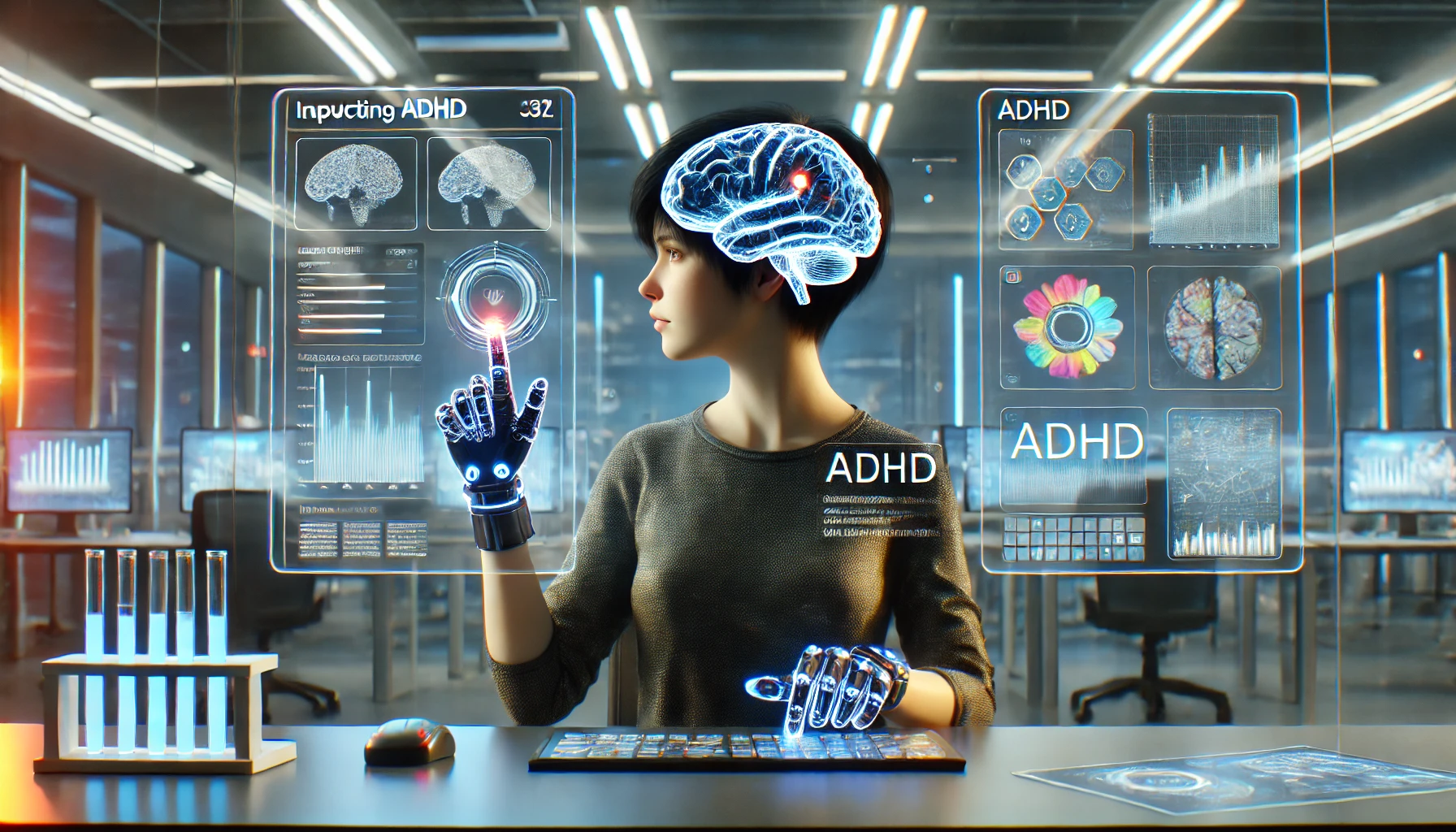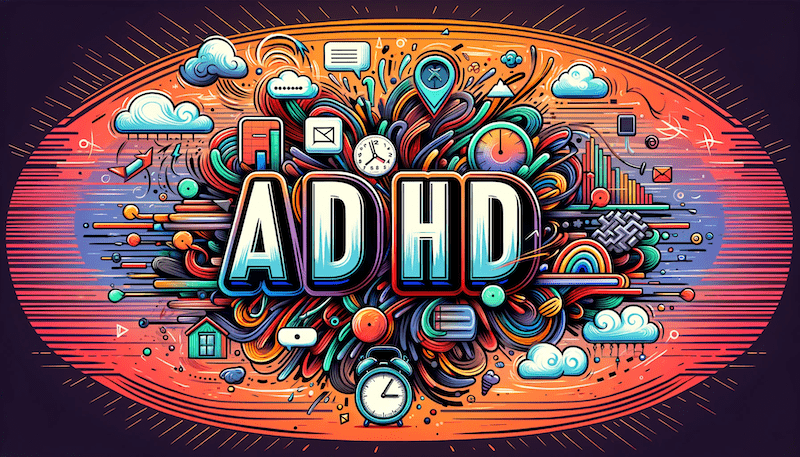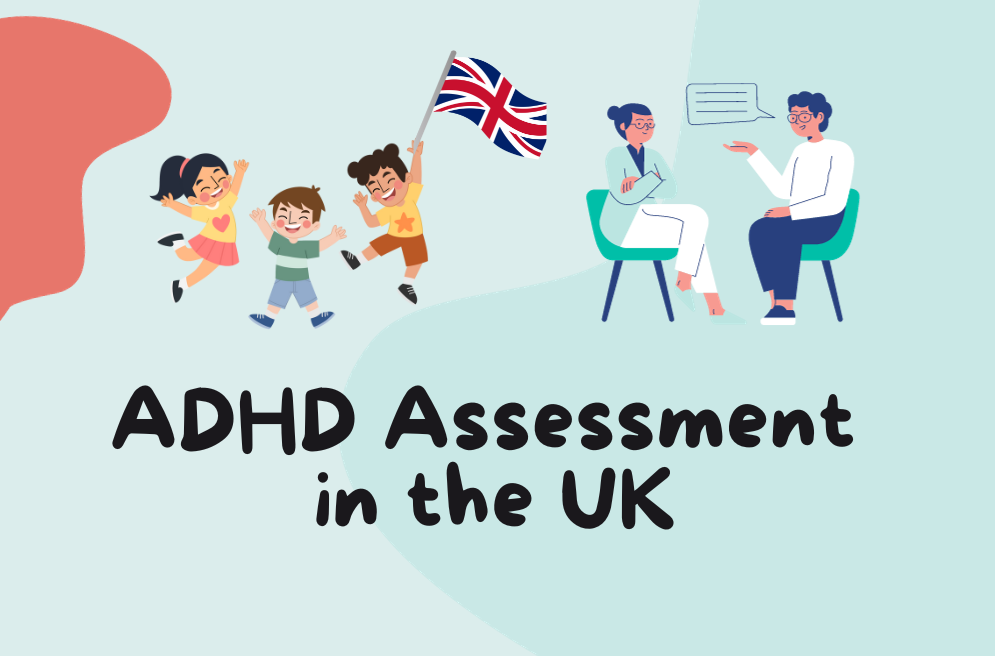
During our session at that time, a client admitted, “I don’t know what it feels like” when trying to describe the sensations they experienced during the ordinary.

As a clinical psychologist specializing in neurodevelopmental disorders for over two decades, I've witnessed countless families navigate the complex journey of ADHD diagnosis.

I remember the first time I really understood what ADHD feels like. It wasn't in medical school or during my residency. It was watching Mark, a brilliant 32-year-old software developer, try to explain to his wife why he couldn't just "get organized."

UK scientists have developed a remarkable machine learning system that can detect ADHD by analyzing video recordings of individuals performing specific tasks. As someone who has conducted hundreds of ADHD assessments, I find this development fascinating - and potentially game-changing.

Ritalin is a nervous system stimulant which has been commonly used in the management of ADHD symptoms. Its effectiveness can vary dramatically depending on individual factors – including comorbidity like anxiety.

In the intricate dance of the mind, Attention Deficit Hyperactivity Disorder (ADHD) and anxiety often step on each other's toes. It's a common yet complex pairing: up to 50% of adults with ADHD may also wrestle with an anxiety disorder, and 25% might contend with generalized anxiety disorder (GAD).

Accurate ADHD diagnosis is pivotal, not just for understanding the individual's challenges but also for effective management and treatment.

By Dr. Adeel Sarwar, Clinical Psychologist
Attention-Deficit/Hyperactivity Disorder (ADHD) is a multifaceted condition that affects individuals across various stages of life.